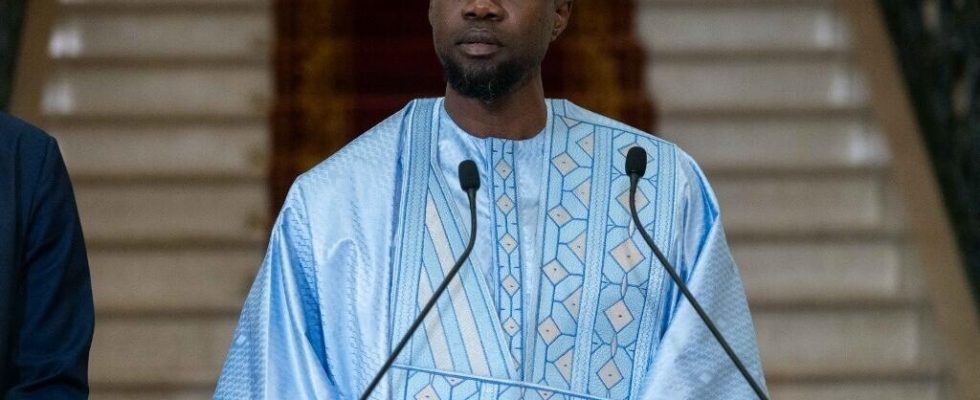In Senegal, all ministers are placed under the direct authority of the Prime Minister, according to the first decrees issued at the beginning of April. A decision that caused former Senegalese politicians to react.
1 min
With our correspondent in Dakar, Birahim Touré
Is this a way of strengthening the powers of the Prime Minister? The question is asked by Abdoul Mbaye, former Prime Minister of Senegal or Mamadou Thiam, former communications coordinator for the Presidency of the Republic.
It’s on his page Facebook that Abdoul Mbaye expressed his reservations about the new role of the Prime Minister in Senegal which until very recently was just to coordinate the actions of the government. But since the publication of the decrees relating to the responsibilities of government ministers, the role of the Prime Minister has become more important.
According to official texts, ministers are “placed under the authority of the Prime Minister”, Ousmane Sonko. Which, according to Abdoul Mbaye, could have consequences in terms of criminal responsibilities. The former Prime Minister explained that with this change in the wording of decrees, the head of government could be directly responsible, for example, in the context of a false report from a minister.
Mamadou Thiam, former communications coordinator for the Presidency of the Republic, wonders if this change is a way of increasing the powers of the Prime Minister, who is now the only authority to whom the other ministers must report.
For the government spokesperson, there is really nothing to argue about. According to Amadou Moustapha Ndieck Sarré, Minister of Vocational Training and government spokesperson, the Prime Minister is a conductor and all ministers are members of this orchestra. He is also the only one to report directly to the President of the Republic.
Read alsoSenegal: Ousmane Sonko, from the radical opposition to the prime minister
